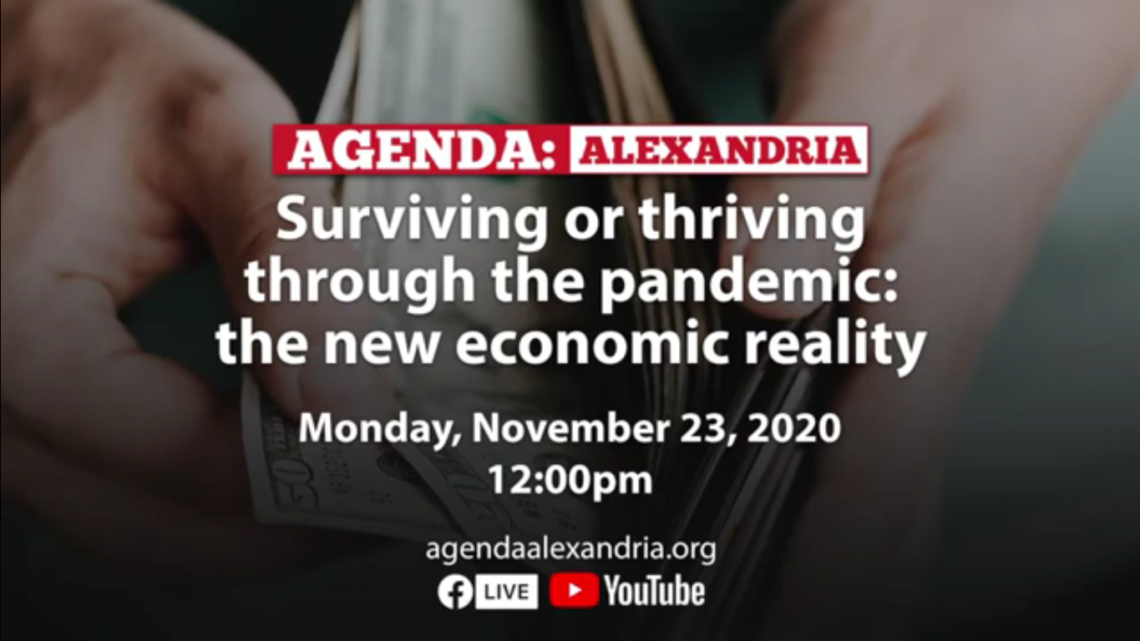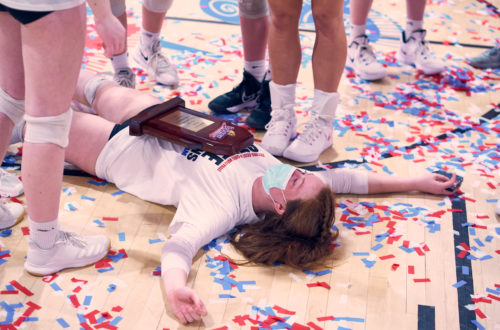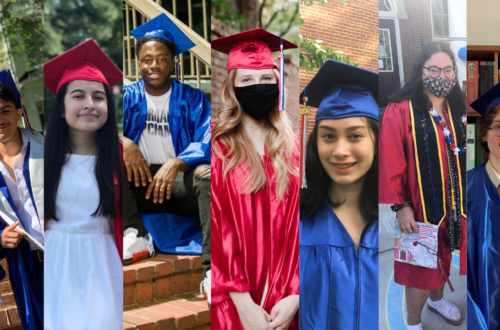Bottom Line: Shop Local
Regina Allen
In the most recent Agenda: Alexandria stream on November 23, panelists discussed the effects of COVID-19 on the economy and small businesses in Alexandria. While many business owners are grateful for the support from shoppers, it’s not enough as Alexandria experiences a $40 million decrease in revenue from the same time last year.
Panelists included President and CEO of the Alexandria Economic Development Partnership Stephanie Landrum, Joe Collum from Burke & Herbert Bank, CEO of Homegrown Restaurant Group Mike Anderson, and owner of 529 Kids Consign Megan Podolosky. The conversation was moderated by Agenda: Alexandria Board Member Rod Kuckro.
This pandemic has resulted in many people losing their jobs or businesses, so it’s no surprise that Alexandria has experienced some of the same effects. Anderson owns six businesses in Alexandria, five of which have performed 35-38% worse than the same time last year. He reported that this was pretty much the standard for businesses throughout the city.
“Truthfully, it would be cheaper for me to close those five places and pay the rent,” said Anderson, “The only reason we don’t do that is that we’ve got almost 200 folks on the payroll citywide that we’re supporting. If it wasn’t for those folks I would close the door and wait this thing out until April or May.”
Most businesses are relying on different grants from local and state governments. The Payroll Protection Program (PPP), through the Cares Act, was especially helpful to people like Anderson. This grant allowed businesses to receive funding to cover up to eight weeks of payroll, rent, utilities, and anything else they might need.
At Burke & Herbert, Collum worked personally with many others to connect these grants with businesses in need of them. Overall, about 1100 loans were distributed, totalling 136 million dollars, 400 of which were given to local businesses in Alexandria. He estimated that these grants ended up saving about 10,000 jobs.
Still, like Landrum said, “It’s hard for the most optimistic people to stay optimistic with no end in sight.”
Restaurants are having a harder time than small boutiques because people do not feel safe committing to sitting in an enclosed space to eat. Anderson said that restaurants are living off of the ability to use their patios, which can be seen being utilized all the way down King Street in Old Town, but this option seems to dwindle as the temperature drops moving into the winter season.
Anderson knows that it’s easy to order from businesses from UberEats, but he alone has paid 15 thousand dollars in fees to Ubereats and companies like it. He reminds customers of the contactless pick up option that most restaurants have on their website, where restaurants do not have to pay a third party.
Boutique owners, like Polodoski, have been working on different incentives for shopping locally since they opened back up. One day, pedestrians around Old Town seen with bags from small businesses like Mint Condition were rewarded with gift cards to other businesses. She remarks on how lucky they are to be in Alexandria, where there is a lot of support for small businesses.
“It’s inspiring to see what we’ve done as a community to get through this and we just have to keep doing it,” said Polodoski.
Small businesses in Alexandria need our help now more than ever, and local business and restaurant owners are grateful for the support they’ve received and look forward to receiving more of it moving into these winter months.






